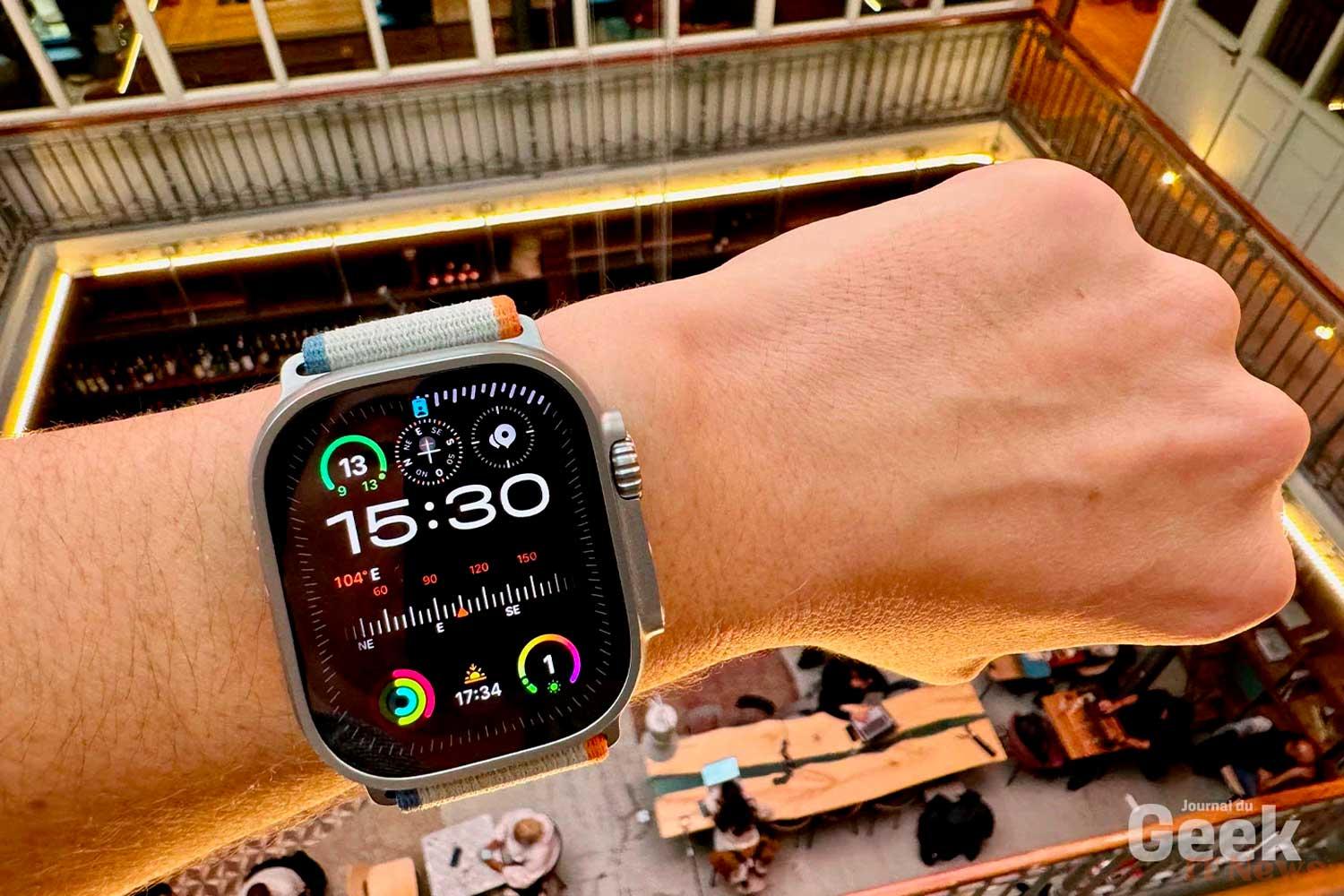Many users wonder: can their Apple Watch drain their iPhone's battery faster? The short answer: not really. The connection between the two devices is designed to be very efficient, particularly thanks to Bluetooth Low Energy, which is used primarily to limit consumption.
A connection that consumes... but not that much
In most cases, the impact of the watch on the iPhone's battery life is minimal. Problems arise mainly when the devices constantly switch between connection modes—between Bluetooth, Wi-Fi, and cellular network—which can overload the battery. A typical example: leaving the smartphone inside while mowing the lawn with the watch on your wrist (who doesn't do that?). Every time the watch goes out of Bluetooth range and then comes back, it has to switch to Wi-Fi or 4G, which is much more power-hungry.
But this behavior remains occasional for most people, and is not enough to explain a battery that is visibly melting.
The real suspect in the event of low battery life? These are the specific uses linked to certain applications. The Apple Watch is not designed to operate completely autonomously: it therefore regularly calls on the iPhone to retrieve or send data. This is particularly the case for fitness or location tracking apps that use GPS. These functions, very practical on a daily basis, can also become real energy drains if they run in the background.
A good habit to adopt: check the applications that use location, and restrict those that do not need it permanently. In the settings, you can choose options like "While using the app" or "Never" to prevent abuse.
If, despite everything, your iPhone's battery life drops drastically, there are several simple solutions. Power saving mode remains the most accessible option: it limits background tasks, stops automatic email retrieval, and turns off non-essential visual effects. It can be activated from the Control Center or in the iOS "Battery" settings.
You can also check the battery status in the settings. Significant wear can explain reduced battery life. Batteries, like all components, deteriorate over time. And if the health status is really low (below 80%), it may be time to consider a replacement.
A quick reminder: the Apple warranty does not cover parts worn by normal use. As for whether to upgrade your phone, it will depend on the device's age, its general condition... and your budget.
No, your Apple Watch won't drain your iPhone's battery on its own! But under certain conditions—poor connection, overly active GPS apps—it can contribute. A quick trip to the settings is often enough to limit the damage.



0 Comments